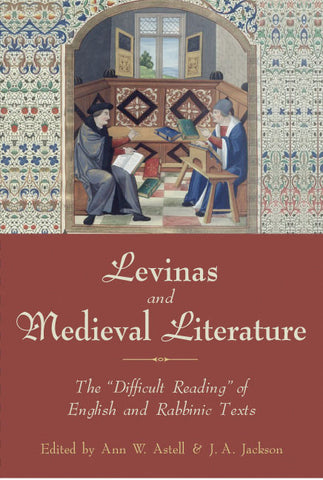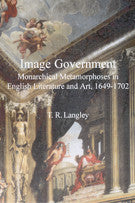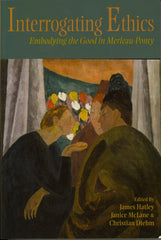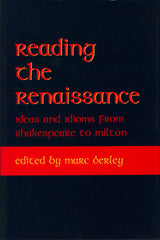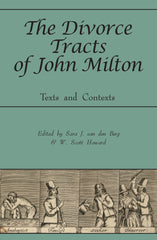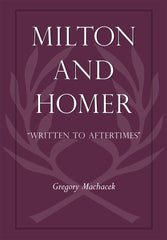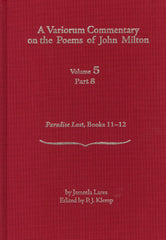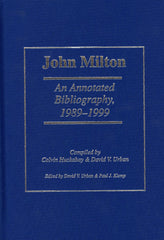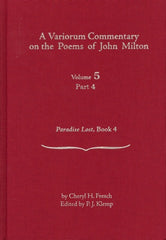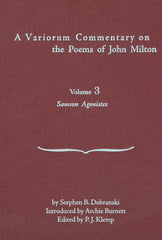Levinas and Medieval Literature: The "Difficult Reading" of English and Rabbinic Texts
Ed. by Ann W. Astell and J.A. Jackson $25.00Published in 2009 | 250 pages | paper | ISBN: 978-0-8207-0421-0
Reviews:
"It is clear that the contributors are steeped in Levinas's work: reading through the volume gives one a good introduction to many of Levinas's main texts and themes." - Review of English Studies
"Reading literary texts through the lens of Emmanuel Levinas's thought can seem counterintuitive given Levinas's apparent ambivalence toward art. Yet it is this very tension between art and Levinasian ethics that makes this collection of twelve essays and an introduction an intriguing and intellectually stimulating project." - Journal of English and Germanic Philology
Book Information:
This collection of essays puts into dialogue the ethical philosophy of Emmanuel Levinas with a variety of English and rabbinic writings from the Middle Ages, when literature was regarded as ethical discourse, and reading itself, when rightly performed, was seen as a moral act.
Levinas and Medieval Literature takes the unique approach of connecting Christian allegory, talmudic hermeneutics, and Levinasian interpretation. Levinas's philosophy illuminates what it means to classify medieval texts as profoundly ethical; and the medieval works, in their aurality, fragmentation, and layered narrative structures, provide a crucial context for understanding Levinas's "difficult reading" and his underappreciated aesthetics.
These discussions draw inspiration from Levinas who, as a philosopher and talmudic commentator, continues premodern traditions in a postmodern key. In their view, Levinas's "postmodern" method of reading, his ethical sensibilities, his very language, appear anachronistically medieval. At the same time, they discover that Levinas hyperbolically amplifies the themes with which medieval writings resonate: hospitality, onto(theo)logy, infinity, theodicy, Creation, eros, the maternal, the Face, substitution, and pardon. They find in medieval interpretive practices the very concerns with ethical reading that powerfully engaged Levinas.
Encountered dialogically, these mutual themes and concerns of the medievals and Levinas inform and transform our sense of intellectual history.
Author Information:
ANN W. ASTELL is professor of theology at the University of Notre Dame. She was previously professor of English at Purdue University. She is the recipient of an NEH Fellowship and of a John Simon Guggenheim Memorial Fellowship. She has authored six books, including The Song of Songs in the Middle Ages and Eating Beauty: The Eucharist and the Spiritual Arts of the Middle Ages. A board member for the Society for the Study of Christian Spirituality, she also serves as executive secretary of the Colloquium on Violence and Religion.
J. A. JACKSON is assistant professor of English at Hillsdale College. He is a member of the North American Levinas Society, the Colloquium on Violence and Religion, and the Medieval Academy of America.

